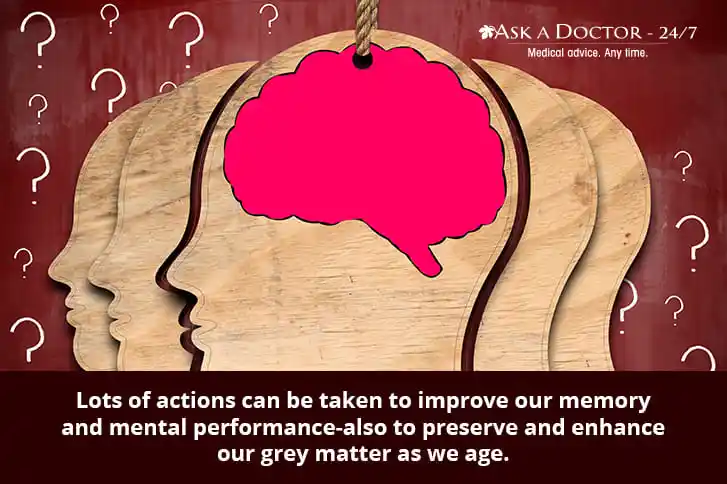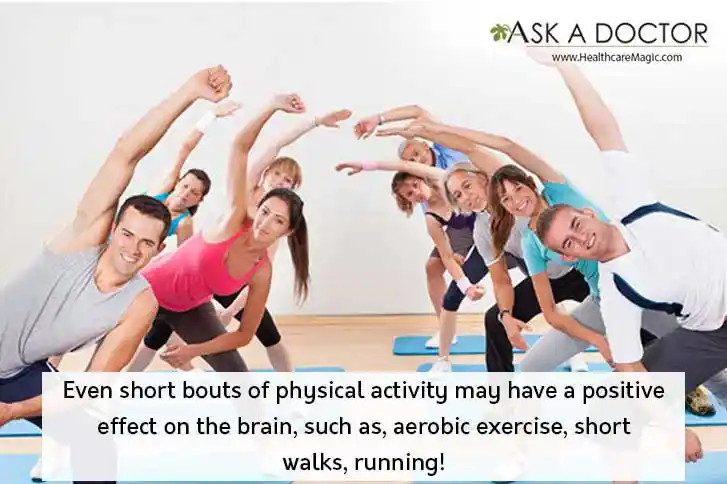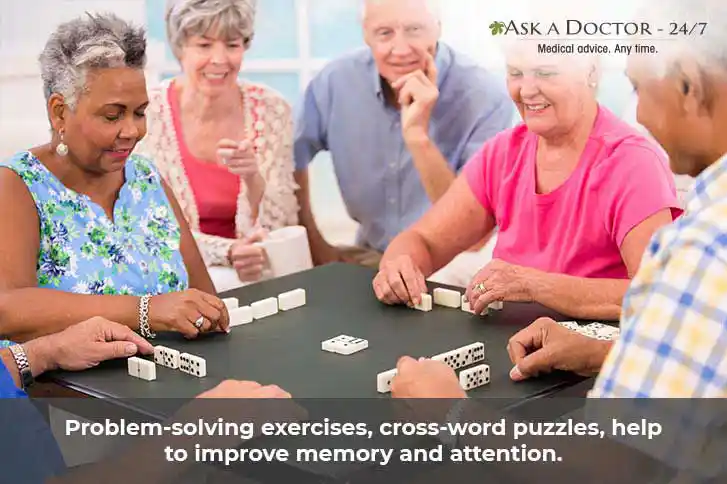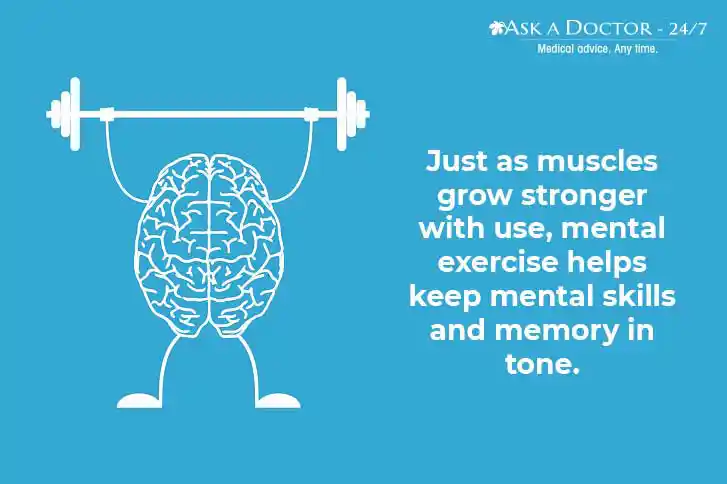Tips To Boost Your Memory And Improve Your Concentration
Human memory operates over a wide time range, from seconds to decades, and with amounts of information ranging from a single word to a lifetime's experience. The term “memory” can be divided into separate functions of encoding, binding, consolidation, and retrieval. The brain receives and encodes (takes in) new information; the brain then records (stores) the information; finally, the brain retrieves information when you need it. Now, you can very well assume there is so very much for our brain to handle.
Maybe this is the reason in the present-time of 'information overload age', being able to focus and keep our attention on the task at hand, becomes a struggle. Not only this, but at times side-effect of certain medications may also affect memory. For example, if you use anti-anxiety medicines, the sedating side-effects can make your brain less alert and more sluggish. This blog runs you through some easy to follow ways that helps to boost memory and improve our brain function.
How memory works

Many people notice a memory-related changes starting in their 50s. That is when age-related chemical and structural changes can begin in brain regions involved with memory processing. These changes may slow processing speed, making it hard to recall familiar names or words.
We all have moments of forgetfulness about where we put the keys, why we walked into a room, or what an object is called. All these reflect age-related changes in thinking skills. Everyone has a decline in the brain function over time in all areas, with the exception of vocabulary. Ask a specialist in case you experience any of the above-mentioned changes.
Enhance your memory and boost concentration
Humans have brain plasticity, or neuroplasticity, which is the ability of the brain to change for better or worse at any age. Living a mentally active life is important. Steps that aim to help individuals keep their brains healthy, from childhood into old age include:
Get physically active

Exercise increases oxygen levels in your brain, decreases levels of stress hormones, and increases the effect of helpful brain chemicals. Even short bouts of physical activity, such as, aerobic exercise, short walks and running may have a positive effect on the brain.
Eat a healthful diet

Mindful eating (eating healthy and nutritious foods, and avoiding trans-fats and sugars) should be followed. Regular nut consumption strengthens brainwave frequencies that are related to cognition, learning, memory, healing, and other vital brain functions.
Include memory boosting foods in your diet

Certain foods, such as walnuts, avocados, chocolates, cinnamon and spinach, increase your ability to concentrate. Foods that boost your memory include fruits and vegetables, whole grains, beans, eggs, and olive oil.
Get adequate sleep

Sleep helps us merge short-term memory with long-term memory. After sleep, people tend to improve information retention and perform better in memory tests. Sleep may be a trouble-free way to improve long-term retention of information. Adults need 7–9 hours of sleep per night to maintain physical and mental health.
Do some brain-training

Just as muscles grow stronger with use, mental exercise helps keep mental skills and memory in tone. Problem-solving exercises and crossword puzzles help improve memory and attention. Also, you can use mnemonic devices to link the information you want to remember with a word, image, or sentence. Different mnemonic methods that may be helpful to recall and encode information include acronyms, rhymes, method of loci, and imagery, among others.
Learn a new skill

Learning a new language or any musical instrument of your interest will enhance your mind and give your brain a boost. Adding these skills might have a protective effect on your brain.
Relax and meditate

Mindful meditation, yoga, and listening to soothing music can be effective strategies to relieve stress, protect memory, and counter cognitive decline.
Prepare strategies to memorize

Some of the approaches may include:
- Pay attention
- Repeat the information you hear
- Take a note of things in your daily routine
- Make associations between old and new information
- Try to avoid interruptions and distractions
- One task at a time
A strong memory depends on the health and vitality of your brain. The choices you make today can help you have a healthier brain tomorrow. Brain memory and concentration can be improved at any age unless there is memory loss as a part of some medical condition. Consult your specialist today, in case you experience forgetfulness.
In case you have any other query related to brain function and memory, you can consult an online Psychologist now!
Ask a Specialist
Recent Questions


